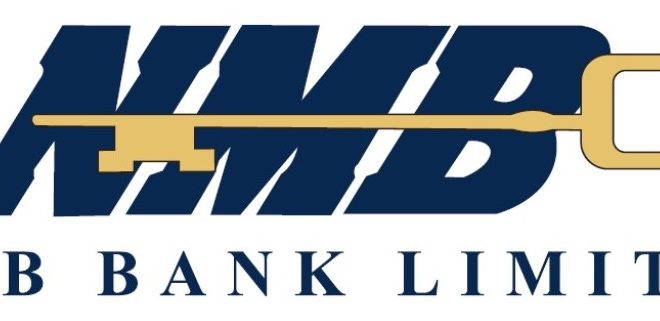Investment in lithium soars… Gwanda lithium Mine completes plant
GWANDA Lithium Mine has completed the construction of its multi-million-dollar lithium processing plant and secured an export permit from the Government.
This paves the way for the company to commence shipping its lithium concentrate to China.
Mines and Mining Development Minister, Winston Chitando, recently confirmed the development in Parliament.
The lithium project is one of many multi-million-dollar lithium investments the country has witnessed in recent years, as demand for the global energy mineral is forecast to soar.
Zimbabwe’s lithium sector has been experiencing significant investment, particularly from Chinese companies.
Notable projects include the US$300 million spodumene processing plant at Bikita Lithium Mine and the US$300 million lithium concentrator at the Arcadia project near Harare.
The surge in interest in Zimbabwe’s lithium sector stems from its crucial role in the global transition to clean energy, particularly the electrification of transportation and energy storage.
Lithium is a key component of rechargeable batteries for electric vehicles and renewable energy systems.
Minister Chitando stated that the Chinese company had since applied for an export licence.
“Gwanda Lithium Mine has completed the construction of its lithium processing plant and has been following up on the application for an approved processing plant permit from the ministry.
“They were given a waiver to proceed, pending the approval of the permit,” Minister Chitando said.
Since its inception in January 2024, Gwanda has been producing approximately 1,500 tonnes per day of lithium concentrate.
The output, in an increasingly electrified global economy, underscores the mine’s operational efficiency and potential for growth.
“In the meantime, Gwanda Lithium Mine is currently producing 1,500 tonnes per day of lithium concentrate since its inception in January 2024,” the minister added.
In light of this significant production, the ministry issued a six-month export licence for a trial shipment of 5,000 metric tonnes of lithium concentrate to China.
This strategic move aims to test and establish viable international markets for the company as it seeks to position itself as a reliable supplier in the global electric battery lithium market.
The lithium mine employs 300 people, 80 percent of whom are locals.
Production is expected to reach one million tonnes of ore and 200 000 tonnes of lithium concentrate annually once the plant reaches full production capacity.
The US$54 million mining venture is a subsidiary of the Chinese global investor Tsingshan Holdings Limited Group, whose other unit last year completed the construction of the US$1,5 billion Dinson Iron and Steel plant in Mvuma, Midlands Province.
The group’s other two subsidiaries include Dinson Colliery in Hwange, Matabeleland North Province, and Afrochine Smelting in Selous, near Chegutu, Mashonaland West Province.
Dinson had earlier expressed interest in setting up a lithium battery manufacturing plant, which led it to secure lithium mining claims in Gwanda.
The company will thus produce lithium concentrates to support the proposed high-value lithium batteries project in Zimbabwe.
Minister Chitando also provided an update in Parliament on the mining activities around the Boterekwa area in the Midlands Province.
“There are currently two mining companies carrying out mining activities in the Boterekwa mountains.“These are Chenxi Mining Company and Saironi Mining Company, which both purchased pre-existing mining locations from previous owners,” he said.
According to the minister, Chenxi Mining Company is conducting surface mining of gold and heap leaching, while Saironi Mining Company is engaged in underground and surface mining, including crushing, milling, carbon-in-pulp (CIP) and elution.
These activities highlight growing investments and expansions in Zimbabwe’s mining sector.
The investments in the lithium and gold mining sectors reflect a broader strategy to diversify the nation’s mining portfolio.
Supportive Government policies and a pro-business approach have driven investment in modern processing technologies that not only increase production but also improve the quality and marketability of the country’s mineral exports.-chronicle










